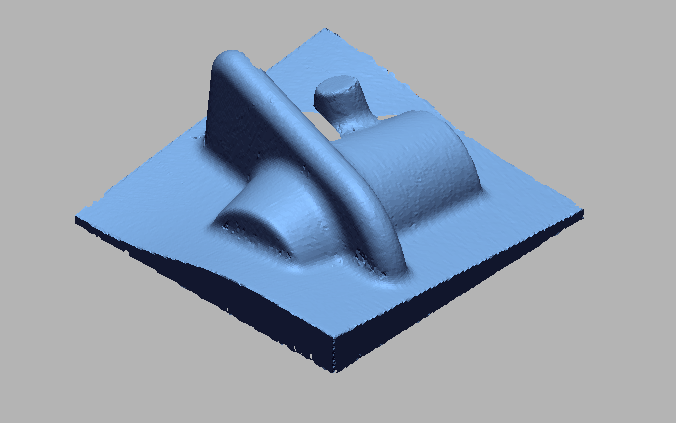Overview
Dent & Corrosion Analysis
A dent is a permanent plastic deformation of the circular cross-section of any object. Dent depth includes both the local indentation and any divergence from the nominal circular cross-section (i.e. out-of-roundness or ovality). Corrosion is usually referred to as the decay of metals but almost all materials are subject to degradation. Dents and corrosion are two types of defects commonly found on pipelines. Initially, 3D scan data is used as a reference and CAD data is used as a derived model. With the help of 3D inspection software, a dent and an adjacent corrosion feature can be predicted and analyzed for failure pressure of the pipelines. Data alignment is made for reference scan and CAD data which is imported into the software. These features are available in the "deviation location" command. The final analysis report consists of dependencies like the critical spacing on corrosion depth, corrosion length, and dent depth. The output inspection report is given to the customer in the desired CAD format.
WORKFLOW
 Input.png)
Input
 Defect area.png)
Defect area
 Checking Parameters.png)
Checking Parameters
 Defect area calculation (1).png)
Defect area calculation
 Defect area calculation.png)
Defect area calculation
IMAGE
VIDEO
INDUSTRIES WE SERVE
WHAT'S NEXT?
RELATED BLOGS

Scan To Parametric CAD
Parametric cad consists of a history-based feature modeling tree that can be edited to make design
Read more
Scan To Parametric CAD
Parametric cad consists of a history-based feature modeling tree that can be edited to make design
Read more
Scan To Parametric CAD
Parametric cad consists of a history-based feature modeling tree that can be edited to make design
Read more



